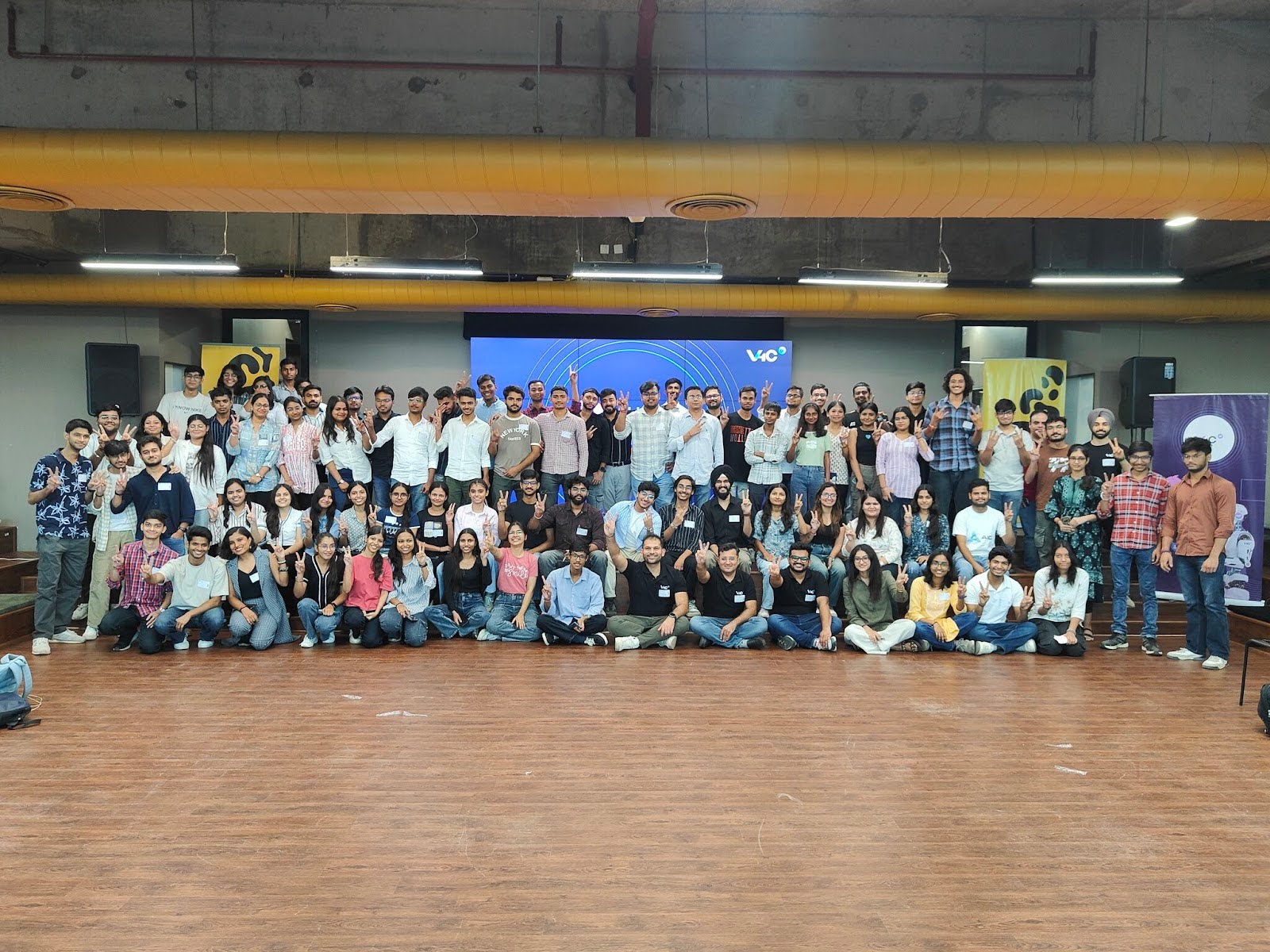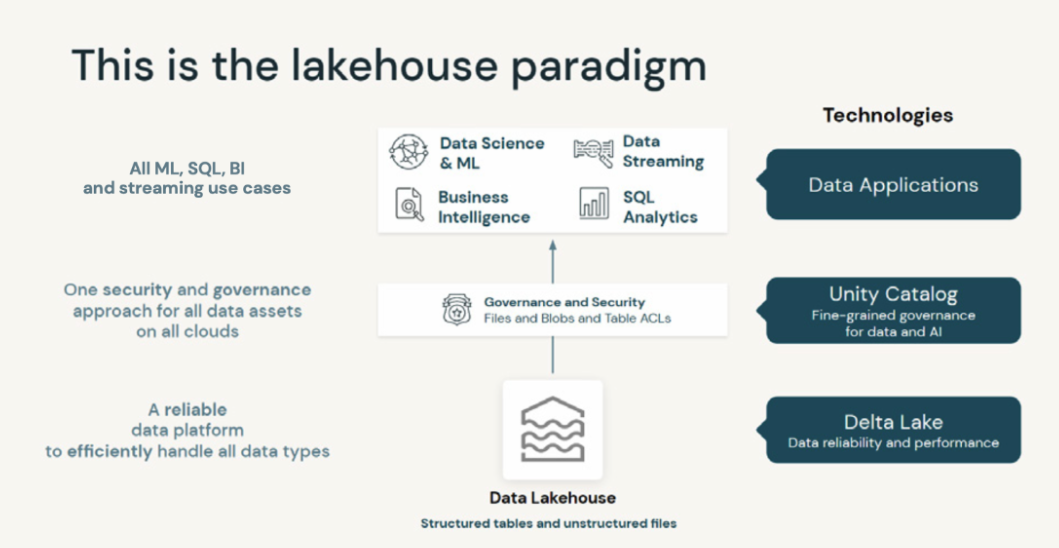Streamlining DataOps in Manufacturing: Ensuring Data Pipeline Efficiency
Learn how DataOps in manufacturing enhances efficiency by optimizing data pipelines, reducing costs, and enabling real-time analytics with v4c's expertise.

DataOps, or Data Operations, is an agile way of developing, implementing, and sustaining data channels. It advocates for automation, collaboration, and iterative development so that all data affairs in an organization are coiled and become as proficient and streamlined as possible.
As the global DataOps platform market grows—estimated at USD 4.22 billion in 2023 and projected to expand at a CAGR of 22.5% through 2030—more organizations recognize its transformative potential. Data explosion, increasing demand for real-time analytics, and heightened concerns about data security drive this growth.
In this blog, we will discuss how DataOps in manufacturing can streamline practices, ensure pipeline efficiency, and enhance the focus on data security.
Importance of DataOps in Manufacturing
Manufacturing is one of the most data-heavy industries, with data flowing from IoT sensors, production lines, quality control systems, and supply chains. However, translating this data from these diversified sources into something useful can be challenging.
Crucial Challenges in Manufacturing Data Pipelines
- Data Silos: Manufacturing systems often operate in isolation, leading to fragmented data that becomes difficult to consolidate and analyze.
- Inconsistent Data Quality: Poor data management leads to mischarges, inefficiencies, and false conclusions that undermine productivity.
- Lack of Real-time Data Access: Manufacturers face challenges in proactive problem detection and resolution without real-time visibility into operations.
- Scalability challenges: The growth in data volumes with the introduction of IoT and advanced analytical systems makes it impossible for traditional systems to keep up with the expanding data and adapt their systems to grow higher and higher to accommodate it.
How does DataOps solve these issues?
- Agile and iterative data management processes: DataOps employs agile approaches, allowing manufacturers to respond quickly to data requirements and changes in decision needs.
- Cross-functional collaboration: DataOps brings together data engineers, analysts, and business stakeholders to achieve a common goal.
- Automation is Efficiency: DataOps automates interaction with data systems for ingestion, transformation, and distribution, eliminating manual intervention and increasing productivity and efficiency.
Recommended Read: Transforming Data Pipelines with ML Automation in Dataiku
Five best practices for implementing DataOps in manufacturing
- Centralized Data Management: Working with data spread across several platforms could squander time and opportunity. Centralized data repositories, such as data lakes, might consolidate all data from IoT sensors, manufacturing lines, and supply chains into a single repository. This strategy not only breaks down silos but also provides on-demand data access and governance, allowing for easier integration and pooled data analysis.
- Automation of Data Pipelines: Pipeline procedures must be automated and accelerated to process large amounts of data. Data processing technologies such as Apache Spark and Apache Kafka would address data sourcing difficulties, while platforms like Dataiku would simplify data transformation and dispatching. Automating these workflow settings allows the factory to process massive amounts of data quickly, resulting in consistently clean and actionable data.
- Real-time monitoring and analytics: System auditing is critical for keeping the shop floor running efficiently. These solutions enable the team to address inefficiencies and abnormalities in real-time.
- Scalability through Cloud and Edge Computing: Cloud solutions allow manufacturers to scale up their data storage and processing dynamically. Edge computing further enhances scalability by processing data closer to its source, reducing latency and ensuring faster decision-making on the production floor.
How v4c Enables Streamlined DataOps in Manufacturing
At v4c, we help manufacturing organizations design, implement, and optimize their data pipelines. Our DataOps solutions are tailored to meet the sector's unique challenges, from integrating diverse data sources to ensuring real-time analytics.
- End-to-End Support: v4c provides comprehensive support at every stage of the DataOps lifecycle, including pipeline design, automation, and scalability enhancements.
- Best-in-Class Tools and Platforms: We streamline all data operations using the latest technologies, such as Dataiku, Apache Kafka, and cloud-based platforms. We also ensure real-time monitoring and analytics tools, which provide flawless data pipeline performance.
Benefits of Optimized DataOps for Manufacturers
- Improved Efficiency & Faster Data Processing: Optimized DataOps optimizes workflows by automating the ingestion, transformation, and data analysis. It allows fast processing, minimizes delays between processes, helps improve production, and responds instantly to operational requirements.
- Strategic Decision-Making Capabilities: Direct access to high-quality data facilitates informed decisions on scheduling and managing inventory, as well as equipment and machine maintenance. High-quality data ensures reliable insights for both strategic and tactical choices, reducing risks and improving outcomes.
- Reduced Costs by Eliminating Redundancies: Inefficient data pipelines lead to duplicate efforts and wasted resources. Optimizing data operations helps manufacturers reduce redundancy, minimize errors, and cut costs associated with manual intervention and rework.
- Improved Agility for Marketeering Requests: Streamlined DataOps allows manufacturers to respond flexibly to shifts in demand, supply chain disruptions, or changes in production requirements. This, in turn, helps ensure business continuity and customer satisfaction.
Challenges in Implementing DataOps in Manufacturing
Common Challenges Faced By Manufacturers
- Resistance to Change: The teams accustomed to legacy systems may resist adopting new processes and technologies.
- Integration Complexity: Modern DataOps platforms often prove challenging to integrate with legacy systems without the right team.
- Data Governance and Compliance: Managing data security and compliance can be difficult, especially in industries such as automobiles and pharmaceuticals.
How to Overcome These Challenges?
- Leadership Buy-In: Leaders must be steadfast in their support to effect change. By conveying the value of DataOps and its relation to the organization's goals, buy-in at all levels is guaranteed.
- Leverage v4c's DataOps expertise. Experienced professionals like v4c.ai ensure flawless integration, compliance, and scalability. Our time-tested frameworks and best practices reduce implementation risks.
- Gradual rollout with trackable deliverables: Organizations can implement DataOps in steps, monitoring success, demonstrating value early on, and making necessary adjustments. It decreases disturbance while increasing team confidence.
Conclusion:
With an increasing dependency on data, manufacturers must prioritize streamlined DataOps to remain competitive. By ensuring efficient, high-quality data pipelines, firms may increase operational efficiencies, improve decision-making, and react to changing market needs.
v4c's tailored DataOps solutions help manufacturers overcome implementation obstacles and achieve their business objectives. With expertise in data pipeline architecture, automation, and real-time analytics, we are the ideal partner to help you revolutionize your data operations.
Are you ready to optimize your data operations?
Contact v4c today to schedule a consultation or demo and see how we can help you optimize your data pipelines and achieve meaningful business results.






.png)
.png)